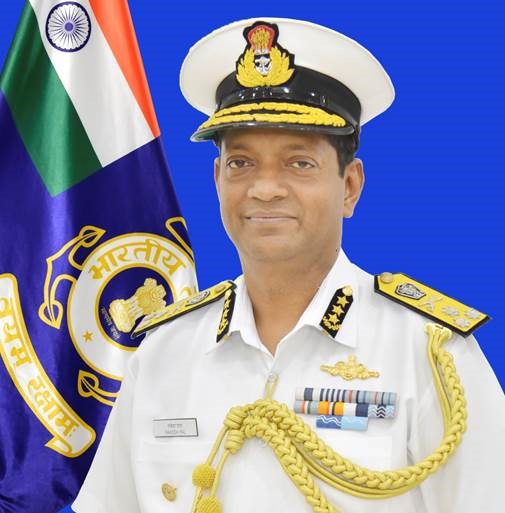Free Courses Sale ends Soon, Get It Now


Free Courses Sale ends Soon, Get It Now



Disclaimer: Copyright infringement not intended.
Context
Details
Appointment of DG Rakesh Pal
Indian Coast Guard (ICG)
Strengths
Areas for Improvement
Conclusion
The Indian Coast Guard has undoubtedly played a crucial role in maritime security and protecting India's interests at sea. However, addressing the identified areas for improvement will be key to further enhancing its effectiveness and responsiveness. With increased investment in modern assets, advanced training for personnel, and better coordination with other agencies, the Indian Coast Guard can become an even more formidable force, ensuring the safety and security of India's maritime domain. Continuous evaluation and improvement of its capabilities will be vital in meeting the evolving challenges in the maritime domain and fulfilling its role as the first line of defense at sea.
|
PRACTICE QUESTION Q. The Indian Coast Guard plays a vital role in safeguarding India's maritime interests, but it faces numerous challenges in fulfilling its duties effectively. Analyze the challenges and limitations faced by the Indian Coast Guard and suggest measures to enhance its capabilities for ensuring comprehensive maritime security. (250 words) |
https://pib.gov.in/PressReleasePage.aspx?PRID=1940824
© 2024 iasgyan. All right reserved